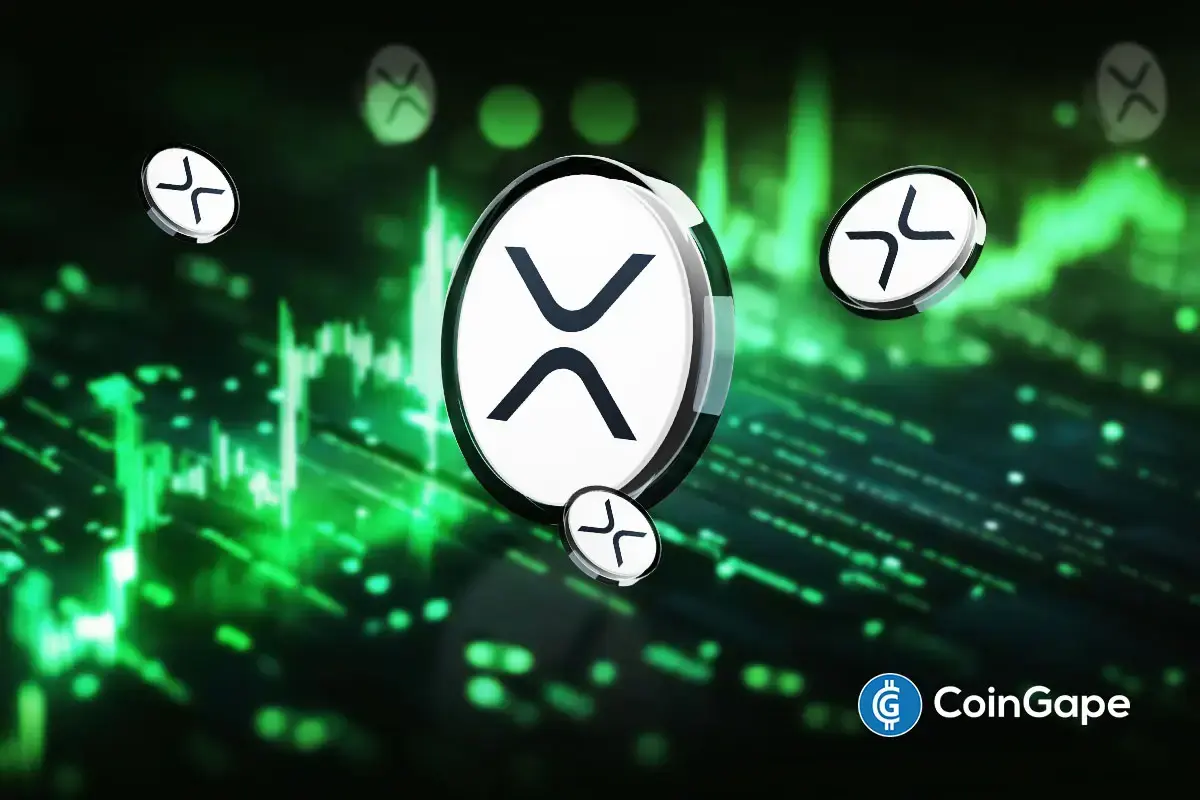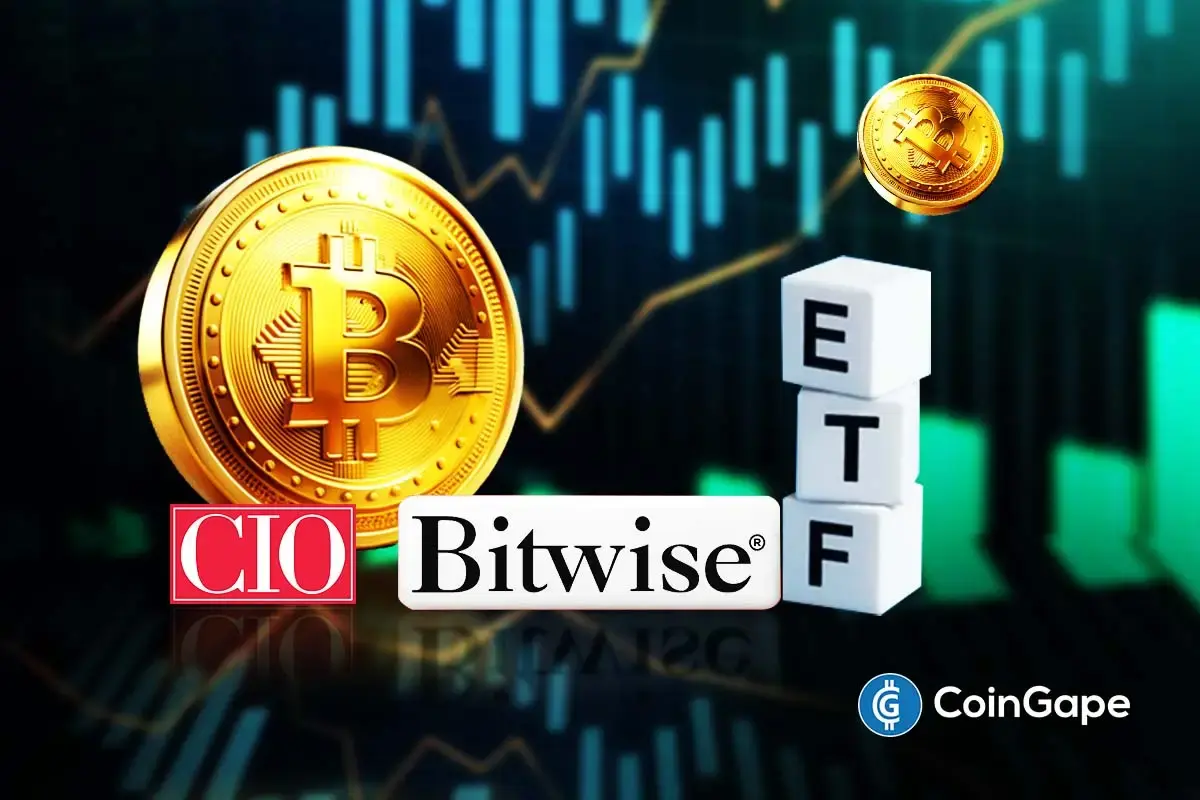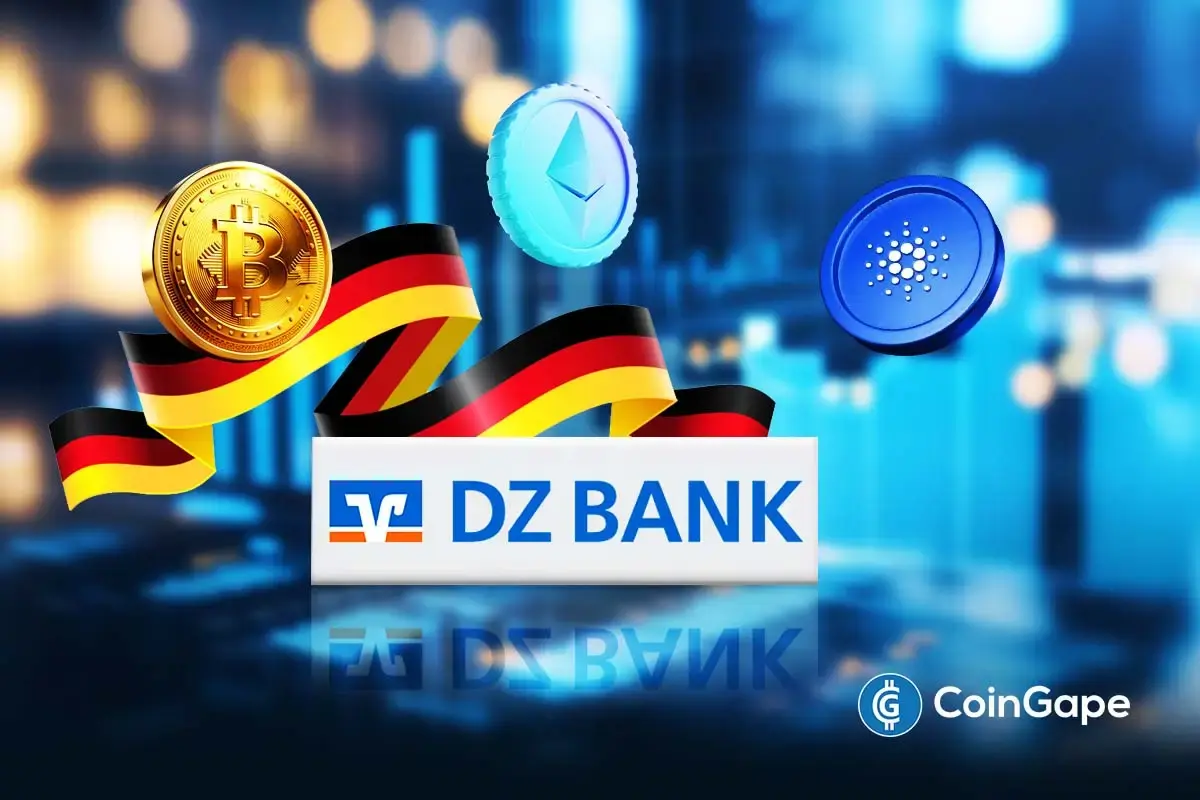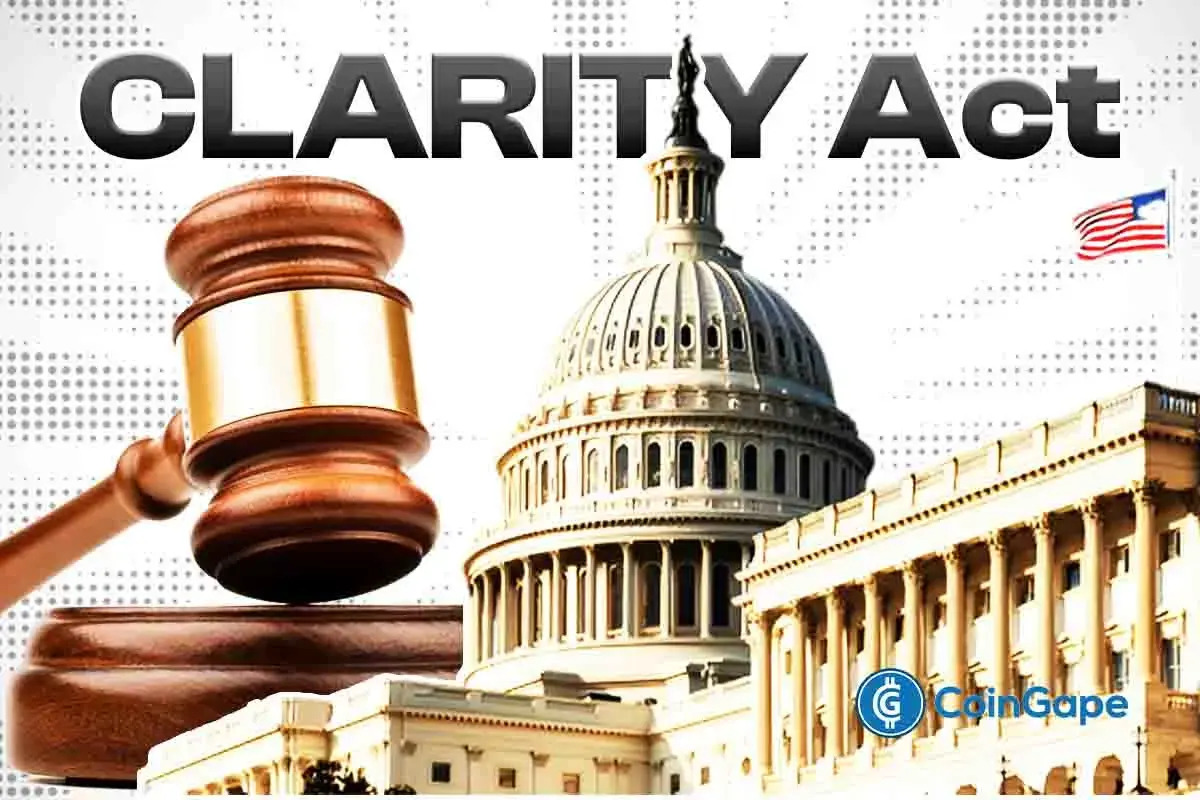South Korea Launches Crackdown on Unlicensed Crypto Exchanges

South Korean financial authorities have launched a campaign urging the public to report unlicensed cryptocurrency exchanges. This initiative, a collaboration between the Digital Asset Exchange Association (DAXA) and the Financial Intelligence Unit (FIU), marks a proactive step in overseeing the burgeoning digital asset market in the nation.
South Korea Tightens Rules on Crypto
The strategy involves a two-tier review process, where DAXA will conduct a preliminary assessment of reports, followed by a comprehensive investigation by the FIU. The focus is to identify domestic and foreign virtual asset business operators targeting Korean citizens without adhering to the regulations outlined in article 7 of the Specific Financial Information Act.
The seriousness of this initiative is underscored by DAXA’s statement, emphasizing that non-compliant operators may face severe repercussions, potentially involving law enforcement. To streamline this process, DAXA has established a dedicated email address for the public to submit information on suspicious activities.
This development is a part of South Korea’s broader approach to increasing regulatory supervision in the crypto sector. Recent actions by the government, such as requiring parliamentary candidates from the Democratic Party to disclose their cryptocurrency holdings, demonstrate a commitment to transparency and ethical conduct in both political and financial realms.
The digital asset market in South Korea has seen remarkable growth, with a reported market capitalization of $21.1 billion in the first half of 2023. This expansion is mirrored by a significant profit surge for virtual marketplace operators, indicating a robust and thriving sector.
Central Bank Tests Digital Currency Launch
In another forward-looking step, South Korea’s central bank has announced plans to engage 100,000 citizens in a pilot for its central bank digital currency (CBDC) in 2024. This initiative positions South Korea at the forefront of integrating digital currency solutions within its financial system, reflecting a progressive and innovative approach to financial technology.
These efforts by South Korean authorities to regulate and oversee the cryptocurrency market not only enhance investor protection but also contribute to establishing a stable and reliable digital asset environment. As the world increasingly turns to digital currencies and assets, South Korea’s proactive and comprehensive regulatory measures set a precedent for other nations navigating this complex and rapidly evolving landscape.
Read Also: Mantle Introduces New Ethereum Liquid Staking Protocol
- Universal Exchange Bitget Taps Football Culture to Promote a One-Stop Crypto Trading Experience
- Aster DEX Review – Is It Safe and Legitimate?
- XRP News: Ripple Secures First EMI License in Luxembourg to Boost Payments in Europe
- Top 3 Reasons Why XRP Price Is Surging Today
- Bitcoin Price Reclaims $96K as Bitwise CIO Predicts “Parabolic” Run From BTC ETF Flows
- Cardano Price Prediction as Germany’s DZ Bank Gets MiCAR Approval for Cardano Trading
- Top 3 Meme Coins Price Prediction: PEPE, Dogecoin, and Shiba Inu as 8% Market Boost Fuels Growth
- Standard Chartered Predicts Ethereum Price could reach $40,000 by 2030
- Bitcoin Price Eyes $100k as Core US Inflation Slips Ahead of CLARITY Act Markup
- Why Is MSTR Stock Price Down Despite Recent Bitcoin Purchase
- Pi Coin Price Prediction: How Mainnet Migration and New Tokens Supply Could Affect Pi Network?















